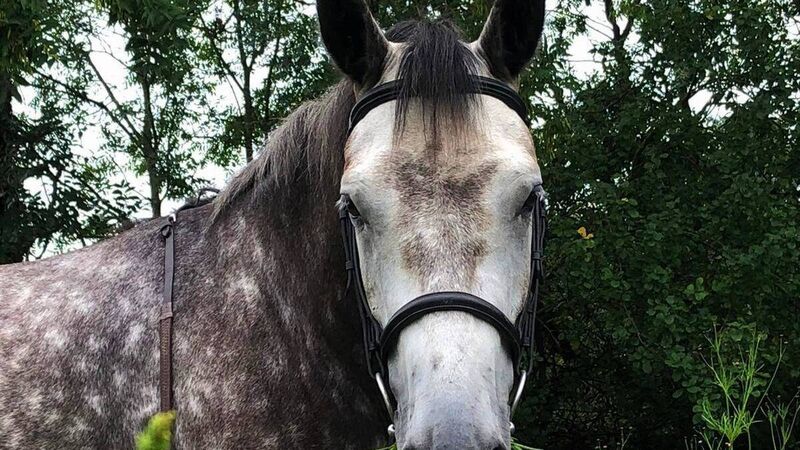162 years on, a Waterford seeds dynasty brings a passion for wildflowers to business

Try from €1.50 / week
SUBSCRIBEWhen it comes to a passion and love for the environment, Julie Power will not be dissuaded.
Not even the Covid-19 pandemic and its subsequent restrictions have stopped this Waterford woman from setting up her own wildflower seeds business, Blooming Native, and educating people about wildflowers in a holistic lifestyle.
Already a subscriber? Sign in
You have reached your article limit.
Annual €130 €80
Best value
Monthly €12€6 / month
Introductory offers for new customers. Annual billed once for first year. Renews at €130. Monthly initial discount (first 3 months) billed monthly, then €12 a month. Ts&Cs apply.
Newsletter
Keep up-to-date with all the latest developments in Farming with our weekly newsletter.
Newsletter
Keep up-to-date with all the latest developments in Farming with our weekly newsletter.
Newsletter
Sign up to the best reads of the week from irishexaminer.com selected just for you.
Newsletter
Keep up with stories of the day with our lunchtime news wrap and important breaking news alerts.
Saturday, February 7, 2026 - 7:00 PM
Saturday, February 7, 2026 - 5:00 PM
Saturday, February 7, 2026 - 5:00 PM
© Examiner Echo Group Limited